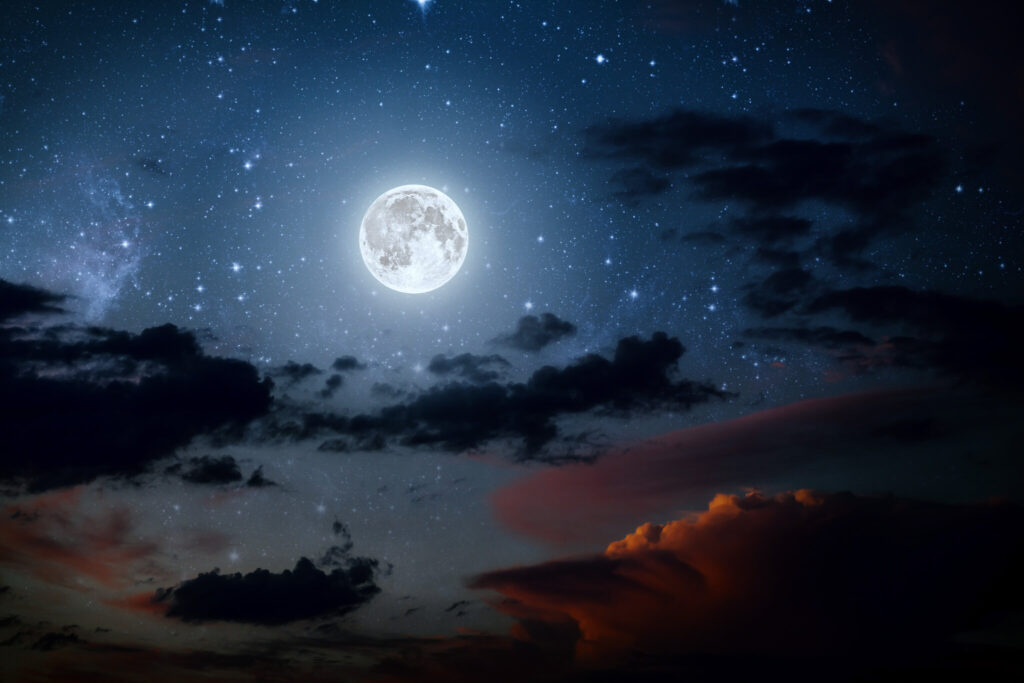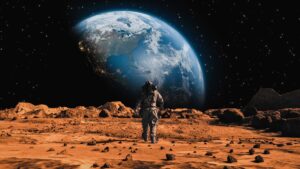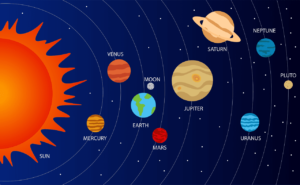The moon has been a constant presence in our night sky, influencing cultures, tides, and even life on Earth for billions of years. However, have you ever wondered What Would Happen if the Moon Vanished? This hypothetical scenario raises intriguing questions about the moon’s role and the repercussions its absence would have on our planet.
Understanding the Moon’s Role
The moon plays several critical roles that impact life on Earth:
- Gravitational Influence
- The moon’s gravitational pull affects ocean tides, creating predictable tidal patterns crucial for marine ecosystems and coastal regions.
- Stabilizing Earth’s Axis
- The moon helps stabilize Earth’s axial tilt, which in turn stabilizes our climate and seasons over long periods.
- Light and Darkness
- The moon reflects sunlight, providing illumination during nighttime and influencing nocturnal behaviors of various species.
- Cultural and Scientific Significance
- The moon has inspired myths, legends, and scientific exploration, serving as a celestial object of fascination and study.
Immediate Effects of the Moon’s Disappearance
- Impact on Tides
- Without the moon’s gravitational pull, tidal forces would diminish significantly. Coastal ecosystems that rely on tidal cycles for nutrient distribution and reproduction could be disrupted.
- Change in Earth’s Rotation
- The moon’s gravitational interaction with Earth slows down our planet’s rotation over time. Without the moon, Earth’s rotation could potentially speed up, leading to shorter days and altered climate patterns.
- Night Sky and Navigation
- The absence of the moon would darken our night sky, affecting navigation by celestial bodies and potentially altering the behaviors of nocturnal animals and insects.
Long-Term Consequences
- Climate Instability
- Earth’s axial tilt could become more erratic without the moon’s stabilizing influence. This instability could lead to unpredictable climate changes and extreme weather events over millennia.
- Ecosystem Disruptions
- Marine life dependent on tidal rhythms may face challenges in adapting to the loss of tidal patterns, potentially impacting breeding cycles and coastal habitats.
- Human Cultural and Scientific Impact
- The loss of the moon would have profound cultural implications, affecting traditions, lunar calendars, and the arts. Scientifically, astronomers would lose a significant object of study, impacting our understanding of celestial mechanics and lunar geology.
Speculative Scenarios
- Meteorite Impact and Lunar Debris
- Without the moon’s gravitational influence to capture debris, Earth could be more susceptible to meteorite impacts. Lunar debris could potentially rain down on Earth, posing hazards to satellites and space missions.
- Life on Earth
- While life on Earth has adapted to the moon’s presence over billions of years, its sudden disappearance would present evolutionary challenges and opportunities for adaptation.
Conclusion
While the sudden disappearance of the moon is highly improbable, contemplating such scenarios fosters a deeper appreciation for the moon’s role in shaping Earth’s environment and sustaining life. This article has explored the multifaceted impacts of the moon’s absence, highlighting its crucial role in maintaining planetary stability, supporting biodiversity, and influencing human civilization.
By imagining a world without the moon, we gain insights into the delicate balance of forces that govern our planet and the interconnectedness of celestial bodies in our solar system. While the moon’s disappearance remains a thought experiment, its study continues to enrich our understanding of Earth’s past, present, and future.















